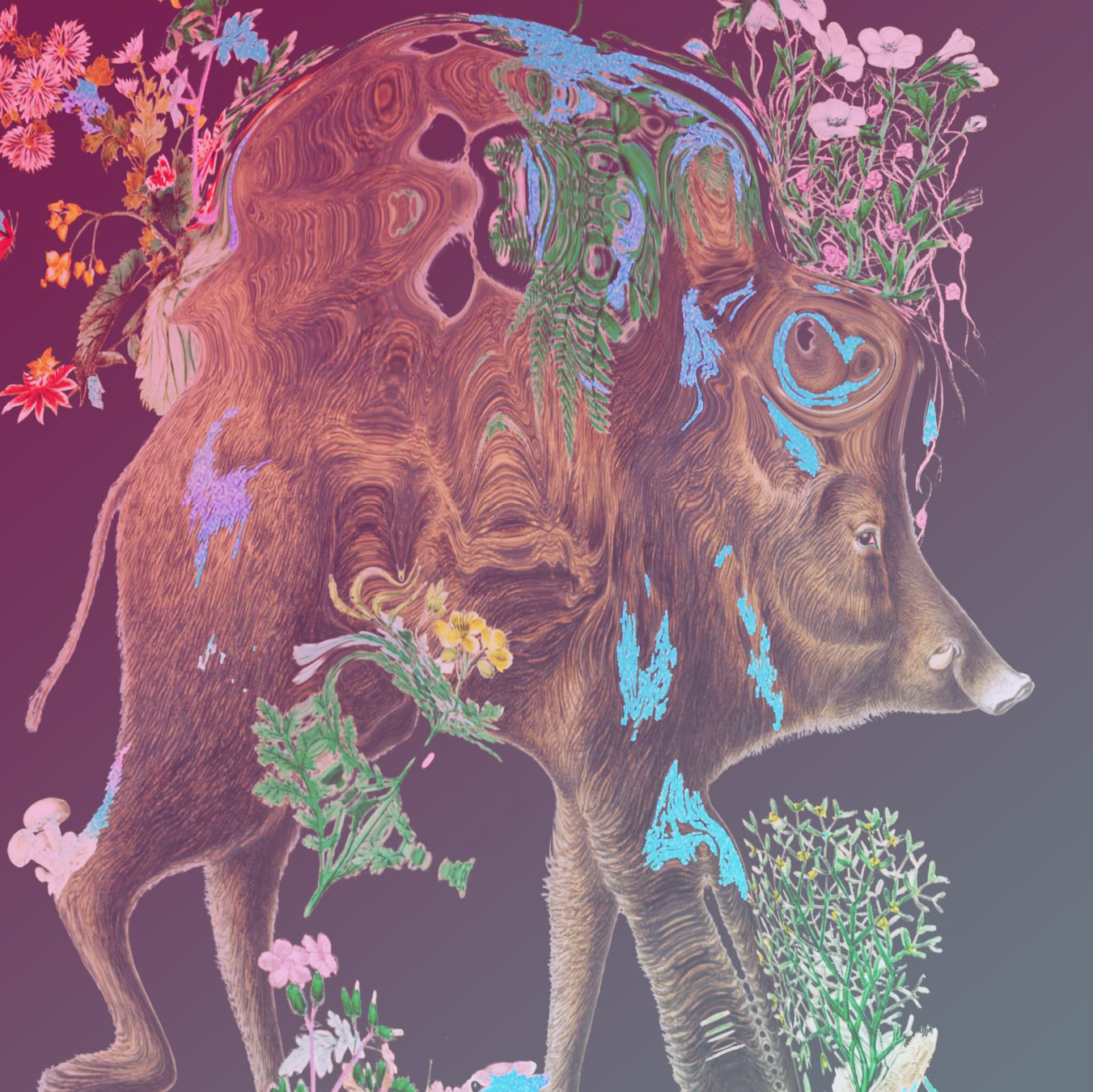In Annihilation, Jeff VanderMeer’s 2014 speculative fiction novel, readers are brought into an ecosystem with no discernible rules, where ecological matter is unpredictable, agential, and sinister. This characterization falls so far outside the bounds of our Western notions of the natural world that the book itself has become a provocative text, confronting our limited, patriarchal notions of Mother Nature.
The story follows an expedition into a region known as “Area X,” where the land has rewilded and humans can gain neither epistemic nor political hold over its authority. The expedition is made up of a group of four women – a biologist (the narrator), an anthropologist, a psychologist, and a military-trained surveyor. Expeditions into Area X before them have led to cancers, disappearances, hallucinations, and death. The team enters warily, with little idea of what lies ahead.
The novel plots their arc from extractive knowledge producers to parts of the ecology itself, via the inhalation of spores and other biological integration. Area X is cruel, acting only in the interest of its own survival and supremacy. Not a victim of human intervention, but a violent punisher of it.
Jeff VanderMeer’s story runs contrary to dominant portrayals of ecology. Anne McClintock discusses the feminization of land in colonial times in her book chapter, “The Lay of the Land.” In it, she traces the prevailing analogy of “virgin land” undergirding British imperialism which constructs land as a feminine, passive entity and colonialism as penetrative, masculinist force. Western conceptions of land are rooted in this narrative, casting land as ripe for extraction, yielding, and nurturing are based in these colonial genealogies. A perpetual victim of man. Conquered.
Even now, as we damage ecosystems to the point of provoking violent climate disasters from our environment, the Earth is still framed primarily as a passive victim of our own human agency. To this violence Earth reacts predictably and understandably. But Annihilation offers a counter-narrative. A fiction where Earth is not inherently hospitable and sympathetic. Instead, in VanderMeer’s imagination, Earth can enact the very violence we do, back on us. This is explored in how the main characters experience the land’s colonization of their own selves — through fungi spores, ideas, ecological matter, and more.
Moreover, the book suggests that the land has taken on an intelligence of its own, something beyond human understanding. A creature referred to as The Crawler writes a strange, ongoing sentence on a wall, refracting human language back at the expedition members without discernible meaning. This disconnect of human culture and communication without meaning is one of Area X’s unsettling appropriations.
More threatening is Area X’s rapid growth. Not only is Area X a zone of complete ecological domination, but it is, year by year, encroaching on human habitats. For reasons outside of human understanding, Area X is reproductive, colonizing, and ambitious. It frighteningly parallels settler colonial logic. It doesn’t nurture, it dominates. It doesn’t regenerate, it replicates. It doesn’t foster life, it mimics it. It doesn’t have an impulse or allegiance towards life (at least as we know it). Area X is not feminized, nor is it masculinized. It is simply other, unknowable through our typically gendered framings.
Eleven years after its publication, as climate collapse has accelerated creating unlivable conditions around the world, it is more provocative than ever to imagine Earth as more than a passive victim. Annihilation challenges how our conceptualization of the “anthropocene” and the ultimate authority humans have over our environment. Our climate response may change if we can imagine Mother Nature as more than our mother, or conversely, if we can imagine our mothers as more than just sources for continued life extraction. For now, we can be grateful that Earth has not chosen to annihilate us on purpose.
